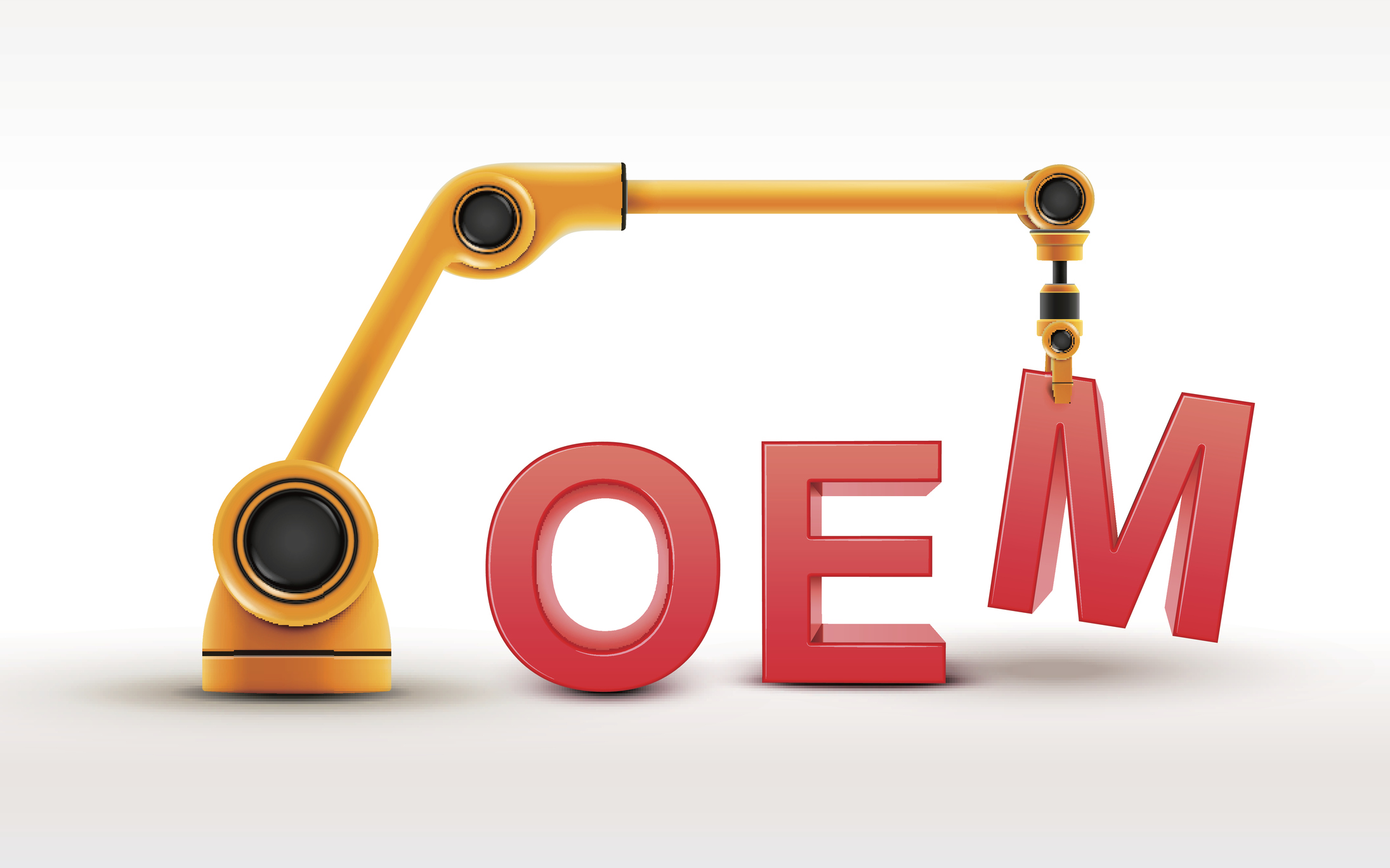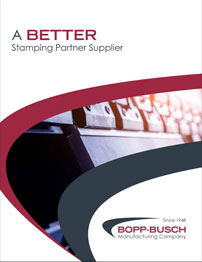
OEM stands for original equipment manufacturers. This term is slightly misplaced as OEMs are not companies that originally create the product. They assemble and sell material and parts manufactured by other companies in the supply chain, under their own brand name and warranty. The OEM supply chain is comprised of three tiers. The dynamics between OEMs with its tiers is highly significant, and critical for creating and selling of products to the end user. In this article, we will delve into the different manufacturing stages required for supplying parts to the OEM.
Why is a supply chain necessary?
Existing government regulations make it mandatory for the automotive and other manufacturers to use tiers. The federal and local laws purpose is to ensure quality management and create good quality finished product for the consumers. Each company in the supply chain is sanctioned for their specific product line. This modus operandi is far more convenient, as it is exponentially cost-effective for manufacturers to focus on the production of few goods, rather than a single enterprise creating products from scratch and marketing it to the end user.
The role of tier 1, tier 2 and tier 3 suppliers
Tier 3 suppliers are the foundation of the entire supply chain. They provide the required materials, such as metals and plastic, in their raw form or almost raw state to Tier 2 and Tier 1 companies.
Tier 2 refers to companies that produce and supply parts from the material obtained via Tier 3 to Tier 1 level. Tier 2 firms are comparatively smaller than Tier 1 but equally vital for the supply chain. They are integral to the speed of production. They must adhere to the safety and quality standards; otherwise their products cannot go forth to Tier 1 companies.
Tier 1 companies, are the firms which have a direct relationship with and sell to OEMs. These companies consist of the most advanced technologies and processes, and are major companies in their own rights. Adhering to all the safety and quality regulations, they have a strong credibility with OEMs. Hence, erasing the need of a middleman for the OEMs.
Each respective tier focusing on one aspect of the product allows them to enhance the quality and functionality before its marketing and distribution. Furthermore, it enables the company to work with the top of the line equipment and qualified experts for optimum results by creating a premium, quality finished product for the end user. All tiers are equally important for the manufacturing process. Therefore, for healthy operation of the industry, all tiers need to be rigorous in their implementations.
Since 1948, Bopp Busch has remained current in implementing the latest manufacturing trends to best serve our customers. To learn more about Bopp Busch and our capabilities, contact us today.


